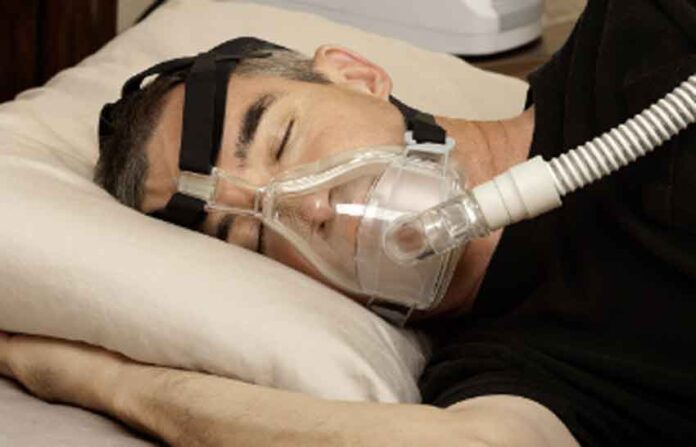Untreated sleep apnea poses serious health risks, including cardiovascular problems, daytime fatigue, and impaired cognitive function. This sleep disorder, characterized by repeated interruptions in breathing during sleep, can significantly impact quality of life. Recognizing the signs and seeking appropriate treatment is essential for maintaining overall health and well-being.
Moreover, excessive caffeine consumption can exacerbate sleep disturbances, making it even more crucial for individuals with sleep apnea to monitor their caffeine intake to improve their sleep quality.
What is Sleep Apnea?
Sleep apnea is a common disorder marked by repeated breathing interruptions during sleep, lasting from seconds to minutes. The most common type, obstructive sleep apnea (OSA), occurs when throat muscles relax and block the airway. Untreated sleep apnea can disrupt sleep quality, causing daytime sleepiness and serious health issues.
Common Symptoms of Sleep Apnea
Common sleep apnea symptoms include loud snoring, gasping during sleep, and excessive daytime sleepiness. Individuals may also face irritability, mood swings, and concentration difficulties. Other signs include dry mouth, restless sleep, and frequent awakenings. Recognizing these symptoms is crucial, as untreated sleep apnea can lead to serious health complications.
Health Risks Associated with Untreated Sleep Apnea
Untreated sleep apnea can lead to several serious health risks. One of the most significant concerns is cardiovascular disease, as it increases the risk of hypertension, heart attack, and stroke due to repeated drops in oxygen levels during sleep. Additionally, sleep apnea can contribute to diabetes, obesity, and metabolic syndrome. The disorder also affects mental health, increasing the risk of anxiety and depression. Chronic sleep deprivation can impair cognitive function and memory. Recognizing and treating sleep apnea is crucial for preventing these potential complications and maintaining overall health.
The Impact on Daily Life and Productivity
Sleep apnea can significantly affect daily life and productivity. Excessive daytime sleepiness often leads to decreased alertness and focus, making it difficult to perform tasks at work or school. Individuals may experience mood changes, irritability, and difficulty maintaining relationships due to fatigue and frustration. Furthermore, untreated sleep apnea increases the risk of accidents, particularly in activities requiring concentration, such as driving. The cumulative effects of poor sleep can hinder overall quality of life, affecting both personal and professional domains. Seeking treatment is essential to mitigate these impacts and restore normal functioning.
Seeking Diagnosis and Treatment Options
If you suspect you have sleep apnea, it’s essential to seek a proper diagnosis. Consult a healthcare provider who may recommend a sleep study, either at home or in a sleep clinic, to monitor your sleep patterns and breathing. Treatment options vary depending on the severity and type of sleep apnea but may include lifestyle changes, continuous positive airway pressure (CPAP) therapy, oral appliances, or surgery in severe cases. Lifestyle modifications, such as weight loss, regular exercise, and avoiding alcohol, can also alleviate symptoms. Early intervention can improve sleep quality and reduce the risk of associated health complications.
Untreated sleep apnea poses significant health risks, including cardiovascular issues, impaired cognitive function, and decreased quality of life. Recognizing symptoms and seeking timely diagnosis and treatment is crucial. By addressing sleep apnea, individuals can enhance their overall well-being and prevent serious complications, leading to a healthier, more productive life.







